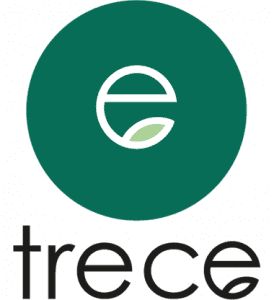Europe wants to lead the transition to clean energy, committing to reduce CO2 emissions by at least 40% by 2030. The new regulatory framework includes an EU energy efficiency target for 2030 of 32.5% with an upward review clause for 2023.
Successful transition to clean energy requires citizens to take ownership, benefit from new technologies and actively participate in the market. In addition, the transition must ensure that vulnerable consumers are protected from energy poverty, a situation that, according to the Energy Poverty Observatory, affects more than 50 million households in the EU.
The EC wants to help consumers embrace this transition by helping them with day-to-day operations such as billing and switching suppliers. The EU supports Member States to reduce consumers’ energy costs, and to monitor and report when cases of energy poverty are detected.
A wide range of solutions exist to help consumers reduce their energy demand, energy bills, carbon emissions and thus fuel poverty.
In this context, a group or partners propose to create the Training for Energy Consumers Empowerment (TRECE). This training addresses fuel poverty through the active participation of citizens and social agents in the design and development of their solutions, as well as by adapting information to user characteristics, ensuring acceptance, assimilation and active participation.
The TRECE project is funded by the Erasmus+ program under Grant Agreement 2019-1-ES01-KA202-064495.

